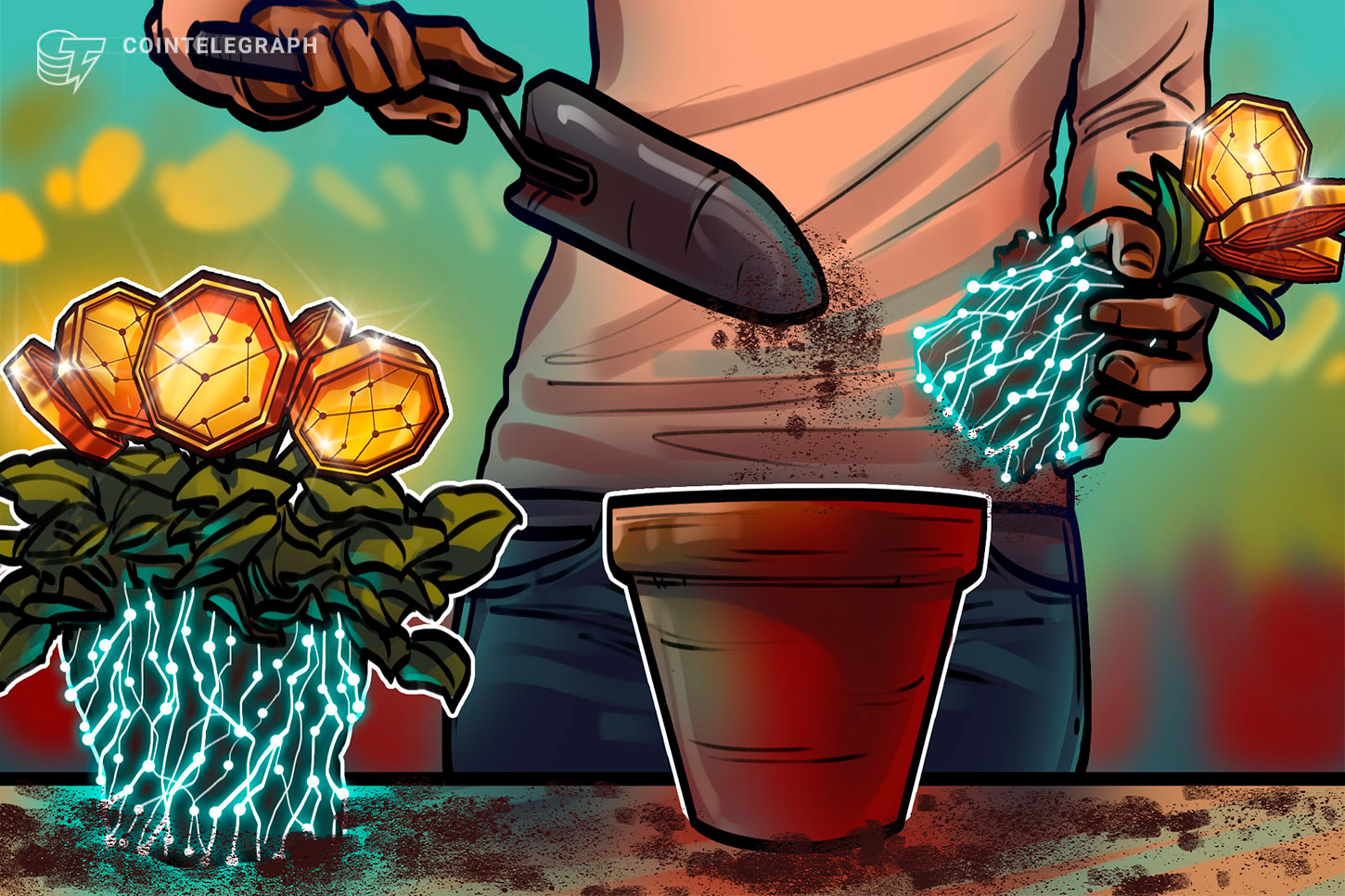Disclaimer: This article was updated on Jan. 31 to clarify the "Bitcoin premium" it originally pointed to is a direct result of the disparity between the official dollar-to-naira rate and actual market conditions, not the Bitcoin price itself. Also, the update omits the conclusion that the ATM withdrawal limit caused the "Bitcoin premium" in Nigeria.
The price of Bitcoin (BTC) has skyrocketed to well above global market levels, but only if the official naira-to-U.S. dollar rate is used for calculation.
At the time of writing, the price of 1 BTC on the Nigerian crypto exchange NairaEX is 17.8 million nairas, equating to a whopping $38,792 in the official rate. However, local media points out that the official foreign currency rate listed by the Central Bank of Nigeria (CBN) doesn't reflect the actual USD price available to Nigerian citizens.
As per the official CBN exchange rate, $1 equals N460 as of Jan. 30. However, the exchange rate of USD in the parallel market, or the real price that Nigerian citizens can exchange Naira for U.S. dollars is close to N750. This disparity between the official naira-to-USD rate and the real market rate of USD for Nigerian traders causes it to appear Bitcoin has a 60% "premium" over the current market price — which is around $23,700 at the time of writing.
Recently, CBN introduced new naira banknotes with the aim of curbing inflation and money laundering. The central bank imposed a deadline of Jan. 24 for Nigerians to exchange their old, higher denomination bank notes for the new currency.
However, there were long queues and complaints that there was insufficient time to meet the deadline. The central bank has now extended that deadline to Feb. 10, the BBC reported on Jan. 29.
Related: Nigeria set to pass bill recognizing Bitcoin and cryptocurrencies
Nigeria has become the leading country for Bitcoin web searches, according to Google Trends.
Additionally, on Jan. 26 Reuters reported that the Central Bank of Nigeria launched a domestic card scheme to rival foreign cards like Mastercard and Visa.
The "AfriGo" card scheme was designed to give Nigerians better access to bank card services and circumvent often expensive foreign card fees and exchange costs.


